QuestionHi,
I have a 72 gallon bow front with about 90 lbs of live rock, a bunch of polyps, mushrooms,2 lethers, a purple tang. and 2 clown fish
I purchased a refractometer and I have been using it to test the salinity of my water. This instrument has 2 sets of numbers, when I look in the refractometer it has numbers on the left and on the right. I have been focusing on the numbers on the right hand side that go from like 10 to 80. My salinity has been right around 25 when looking at the numbers on the right of the refractometer. I tested a friends tank and his was around 30. After I tested his tank I thought that I may be doing something wrong here. So I went to the Saltwater aquarium store and tested their salinity. The store had their salinity around 38 on the refractometer. My questions is what should my salinity read on the right hand side of the refract meter for ideal saltwater reef aquariums?
AnswerHello Neil,
Gotta smile at how everyone has different test results but yet, if you were to ask them, they would say, their parameters are spot on...
The numbers on the right are in PARTS PER MILLION, and is read as ppm.
The average salinity for the tropics and most coral reefs are 35ppm
(this is also reported in 1.026, the left side of the scale)
It is important to know that your refractometer needs to be calibrated. you can buy calibration fluids for our purpose, and the is called 53ms, not sure why, but that is what is on the label of my bottle. But you drop that onto the refractometer, and adjust the needle to 35.
Some people will use, ro/di water, or distilled water, and adjust the meter to zero.
If your SG is really that low, I would be careful in raising the salinity too quickly. Maybe, instead of adding fresh water everyday for 'top off', add salt water. and keep on testing until you get to the target salinity.
Also, salinity is directly related to Calcium. So, having a higher salinity is better so you can have higher calcium and faster coral growth.
Good luck, and let us know how things work out for you.
Mr. Bill

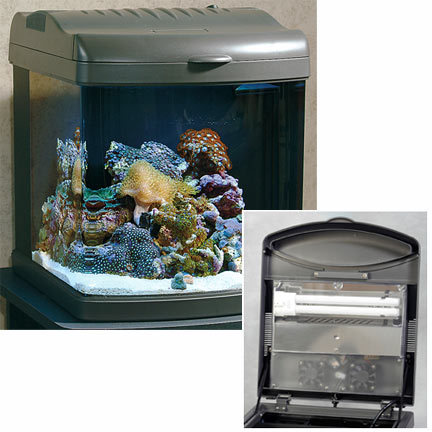 nano cube
QuestionHello! I wanted to get some information about s
nano cube
QuestionHello! I wanted to get some information about s
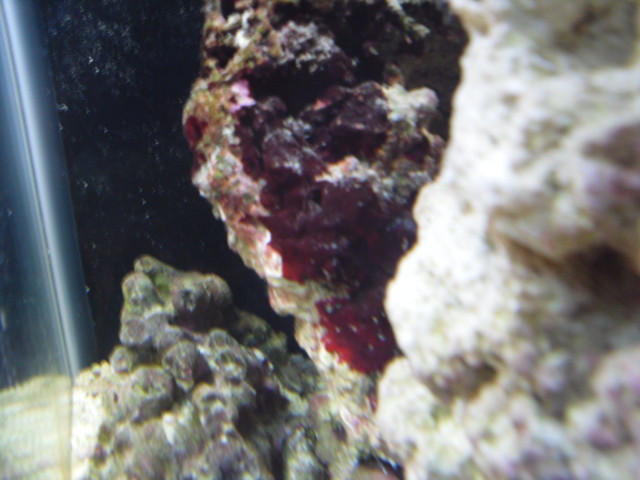 red in my sand
QuestionQUESTION: I have a new 30 gallon saltwater tank
red in my sand
QuestionQUESTION: I have a new 30 gallon saltwater tank
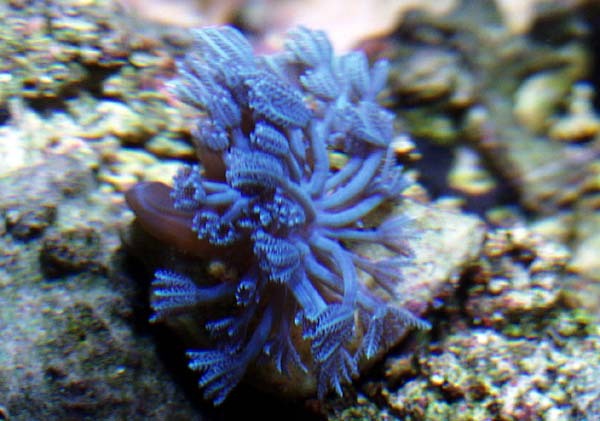 First timer
QuestionQUESTION: Hello Mr. Francis, I just bought a 14
First timer
QuestionQUESTION: Hello Mr. Francis, I just bought a 14
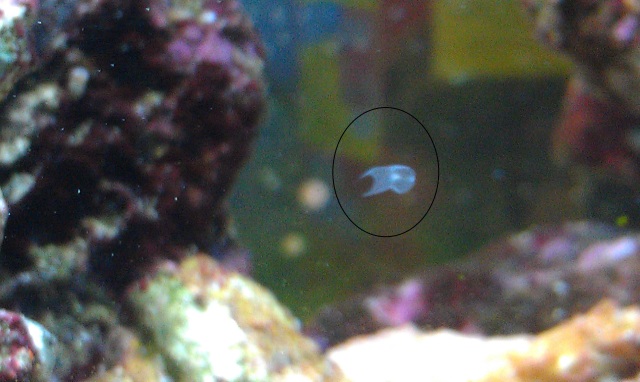 unknown creature
Question
unknow creature
I found these creatures
unknown creature
Question
unknow creature
I found these creatures
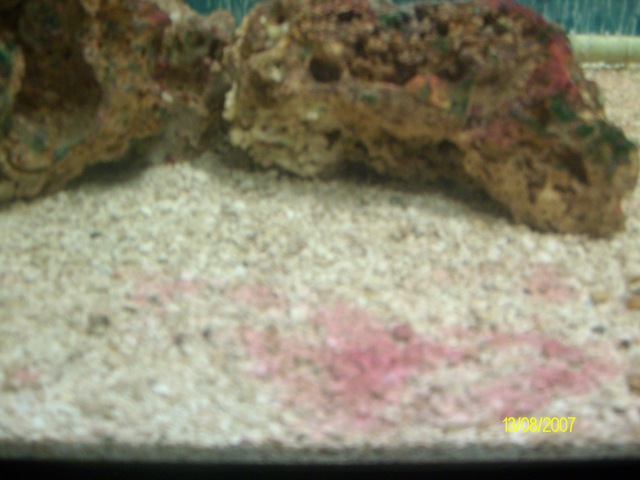 red green on live rock
Question
live rock
i was wondering if this green and re
red green on live rock
Question
live rock
i was wondering if this green and re